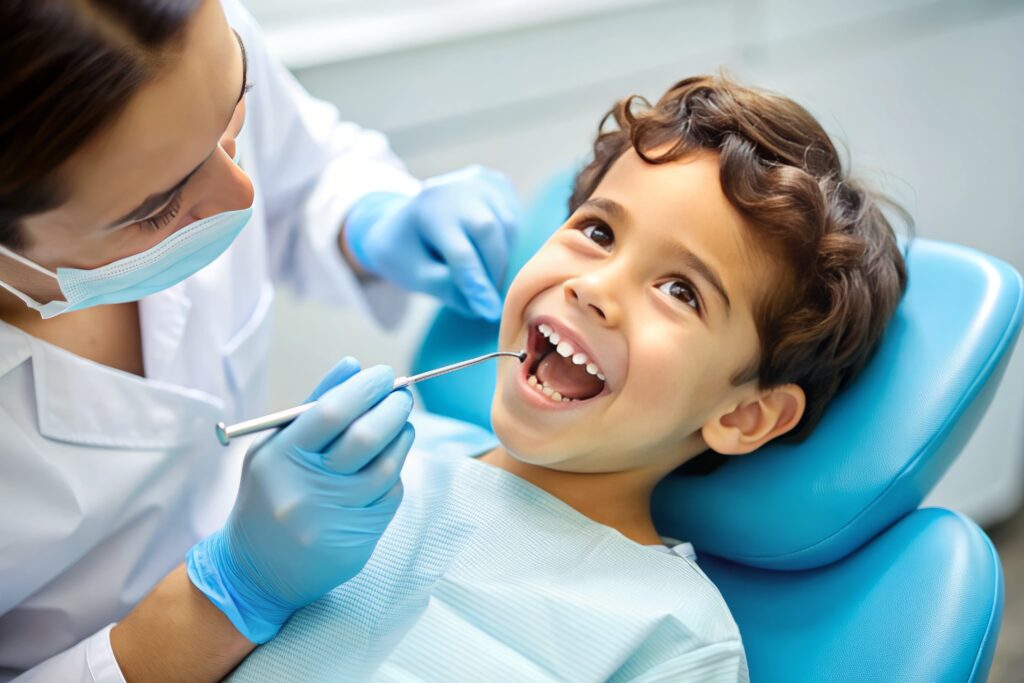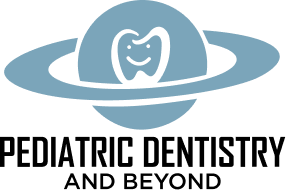A “toothache” is defined as pain that occurs around a tooth, teeth, or jaws. Toothaches are typically caused by a dental issue, such as a dental cavity, a cracked or broken tooth, an exposed tooth root, or gum disease. Toothache-like symptoms can be caused by disorders of the jaw joint (temporomandibular joint) or spasms of the chewing muscles.
A toothache’s intensity can range from chronic and moderate to severe and agonizing. Initially, it starts with mild discomfort or a sharp pain. Chewing or drinking cold or hot drinks may increase the discomfort. A comprehensive oral examination, precise tooth testing, and evaluation, or appropriate dental X-rays are all helpful in determining the problem. It’s necessary to understand the root cause of the problem before planning the course of treatment.
Extractions (General Procedure):
When restorative techniques like root canal therapy, crowns, or fillings fail to save a tooth, it may be necessary to remove the tooth. Strong anesthetics and sedatives make tooth extraction operations far less unpleasant than they once were. When a tooth is extracted, a patient frequently suffers relatively mild discomfort and bleeding.
The region around the tooth is numbed using a topical and/or injectable anesthetic, such as Novocaine, before extraction.
In order to prevent infection, patients who have their teeth extracted need to take an antibiotic and, at the very least, follow some basic instructions.
During the healing process, it is advised against smoking, thorough cleaning and washing, and drinking liquids through straws since they increase the risk of the wound opening. Applying cold compresses to the outer cheek close to the extraction site will help decrease any swelling and speed up recovery.


Wisdom Teeth:
Wisdom teeth are the third and last pair of molars that emerge in the upper and lower normal adult mouths. Unfortunately, most people have difficulties with their wisdom teeth. This is usually because the teeth emerge too close to existing permanent teeth, creating crowding, improper biting, and other issues.
If wisdom teeth cause problems and are not extracted, they might become impacted. Wisdom teeth that have become impacted can be extremely painful and damaging to your dental health. Severe pain, inflammation, and various types of infections are obvious warning signs.
Many people require wisdom tooth extraction to prevent potentially significant complications. In general, the absence of the four wisdom teeth has no negative consequences for one’s ability to properly bite down, speak, or eat.
Are you suffering from a toothache? We can help you find relief. Contact us at Pediatric Dentistry and Beyond to book an appointment.
Love how nice everyone is!!! Great area for the kids to play while they wait
My child has been going here since he was 4 and we have always had excellent service from everyone here! They always make him feel comfortable and safe.
Very helpful n friendly n checked in fast - experience was great . Kathy and Sho at the reception took care of both my kids.
Katie is amazing! My daughter was very nervous and she was able to distract her by talking to her about things that interest her and also held her hand throughout the entire process. The girls Sho and Kathy that work the front desk are very helpful and kind as well. Both my son and daughter are no longer afraid of the dentist. Thank you so much!
My children love this dentist office - Accommodating for children who are nervous. Sho is very professional and helpful at reception.
Schedule Your Visit!










